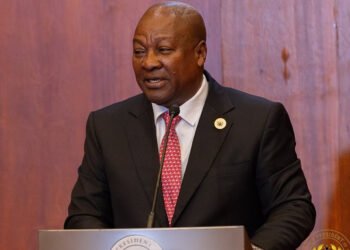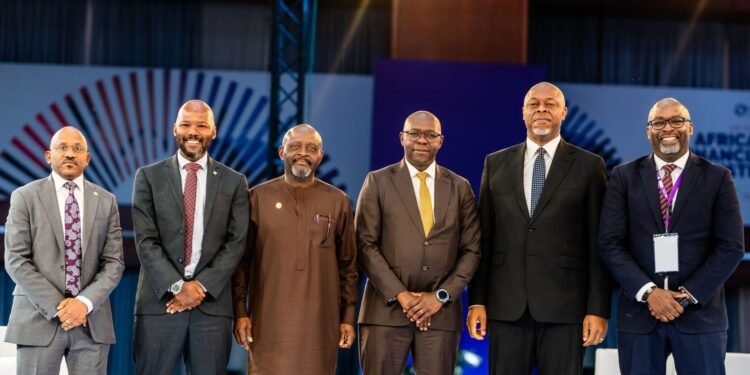A fresh debate has erupted over the causes of the Ghana economic crisis of 2022, following recent comments by the World Bank that appeared to downplay the role of global factors such as the COVID-19 pandemic and the Russia-Ukraine war.
Reacting to the World Bank’s position, former Deputy Finance Minister under the previous NPP administration, Dr. Stephen Amoah, has strongly defended his government’s record, insisting that external shocks were a major driver of the country’s economic challenges.
Speaking to the issue, Dr. Amoah expressed surprise at the World Bank’s comments, emphasizing the need to examine the full report for proper context.
“Honestly, I would like to have the entire document and then read it and understand the context being posted out there, because I’ll be surprised for two reasons.
“One, the World Bank, before this report, we had a report that stated clearly that these were the causes. They never said, and nobody has ever said, that what we went through in 2022 was solely 100% COVID. Nobody said that.”
Dr. Stephen Amoah

Dr. Amoah clarified that while COVID-19 was never presented as the only factor behind Ghana’s economic troubles, the pandemic, combined with the Russia-Ukraine conflict, triggered a global crisis that dealt a heavy blow to developing economies such as Ghana.
He stressed that the scale and impact of these events were undeniable, pointing out that even previous World Bank reports had acknowledged them as key contributors to the severe economic challenges the country faced.
Global Turmoil Deepened Ghana’s Challenges
Drawing on global economic indicators, Dr. Stephen Amoah emphasized that Ghana’s economic challenges were worsened by the interconnected nature of the global economy.
He noted that during that period, the world economy contracted by 3.3 percent, while global inflation rates surged dramatically, creating ripple effects that heavily impacted countries like Ghana, which rely on these larger economies.
He acknowledged that Ghana has longstanding structural weaknesses that predate the pandemic, such as overdependence on external markets, limited economic resilience, and poor management of public finances.
“I’m sure the document might have said, apart from that, we have structural weaknesses and issues as a country, and that one is a fact. When it comes to economic resilience, more developing economies, including Ghana, fundamentally have challenges.”
Dr. Stephen Amoah
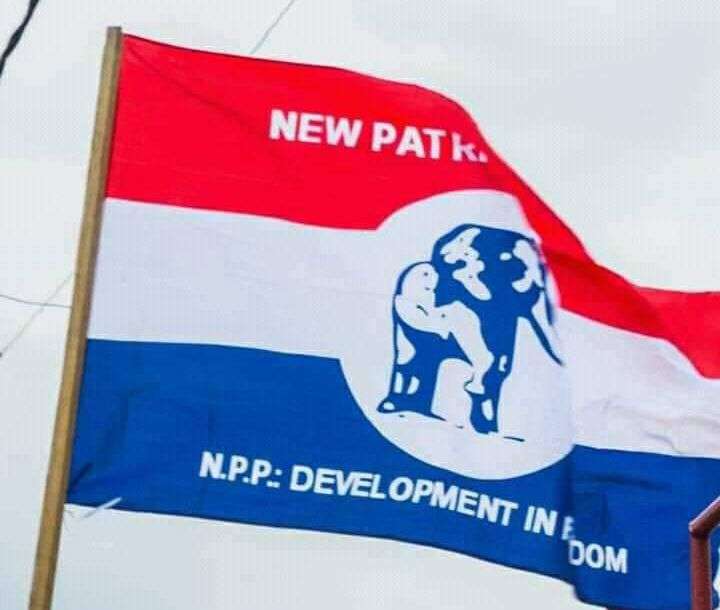
The former deputy minister stressed that Ghana’s economic challenges go beyond partisan politics, noting that they have existed across successive governments.
He highlighted the administration’s early performance as proof of strong policies before the onset of global crises, pointing out that during its first three years, the economy grew at around seven percent, with inflation also averaging about seven percent, placing Ghana among the top-performing economies globally.
He added that GDP growth later rose to approximately 3.4 percent in 2000, further demonstrating the progress made before external shocks hit.
Pandemic and War Drove Revenue Shortfalls
Defending the NPP government’s economic management, Dr. Amoah explained that the pandemic caused unprecedented disruptions to both the public and private sectors.
Market productivity plummeted as restrictions forced businesses to close, while the government introduced interventions to keep the economy afloat.
“We were in this country when the private sector sacked over 40,000. We have a revenue shortfall of approximately $ 11 billion to $ 12 billion. The world itself knew how we were suffering.”
Dr. Stephen Amoah
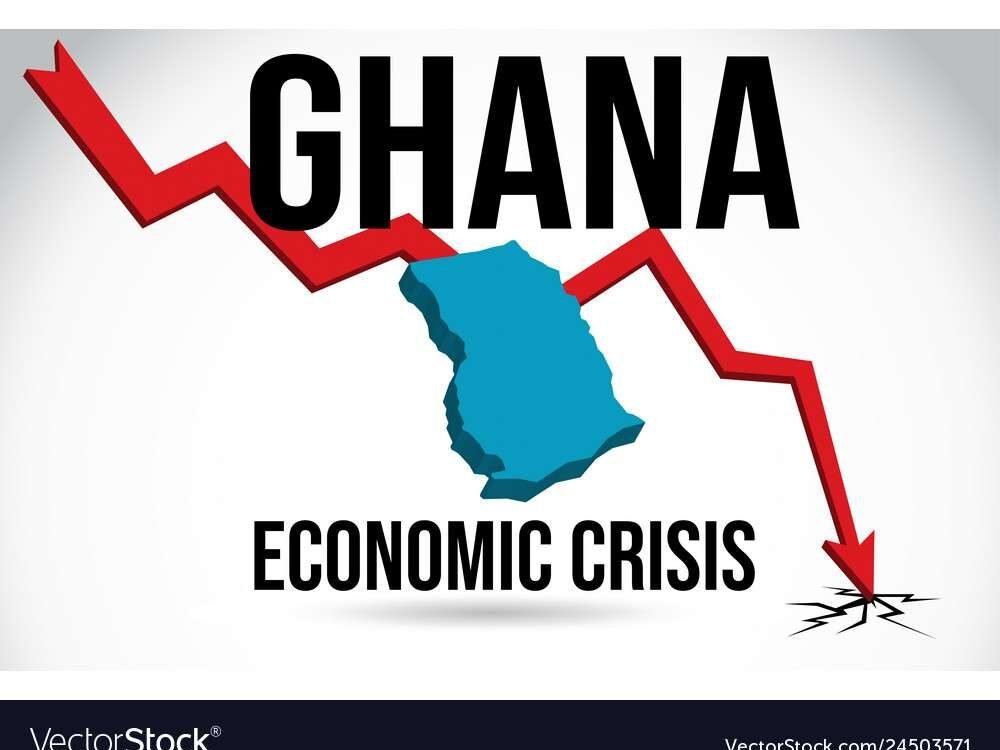
Dr. Amoah emphasized that the economic difficulties were worsened by a sharp decline in domestic revenue generation, leaving the government with no choice but to lean heavily on debt financing.
He explained that globally, governments primarily fund their operations through either borrowing or domestic revenue, but when both the local and international markets were severely affected, domestic revenue fell short, forcing increased reliance on loans.
This, he noted, inevitably led to a spike in Ghana’s debt-to-GDP ratio.
Amoah maintained that this rise was an expected development under the circumstances, not a sign of poor fiscal management.
He explained that with GDP growth stagnating at just 0.4 percent while the global economy contracted by a negative three percent, debt levels were bound to climb as government spending continued through borrowing. “So it’s not like it was a palatable situation, but it wasn’t something you could have blamed the government for.”
Calls for Context in World Bank Report
Dr. Amoah challenged the World Bank to clarify its position, arguing that selective interpretations of the report risk misrepresenting the true state of Ghana’s economy.
“It means that the World Bank is telling us two stories, which is which? The economy is not just any other thing that people can say anything about. There are figures; we have the data to support these things. But of course, I think the World Bank statement is not what it is now. It’s taken out of context, or maybe we need to read the entire thing, and we need to get the World Bank involved again.”
Dr. Stephen Amoah
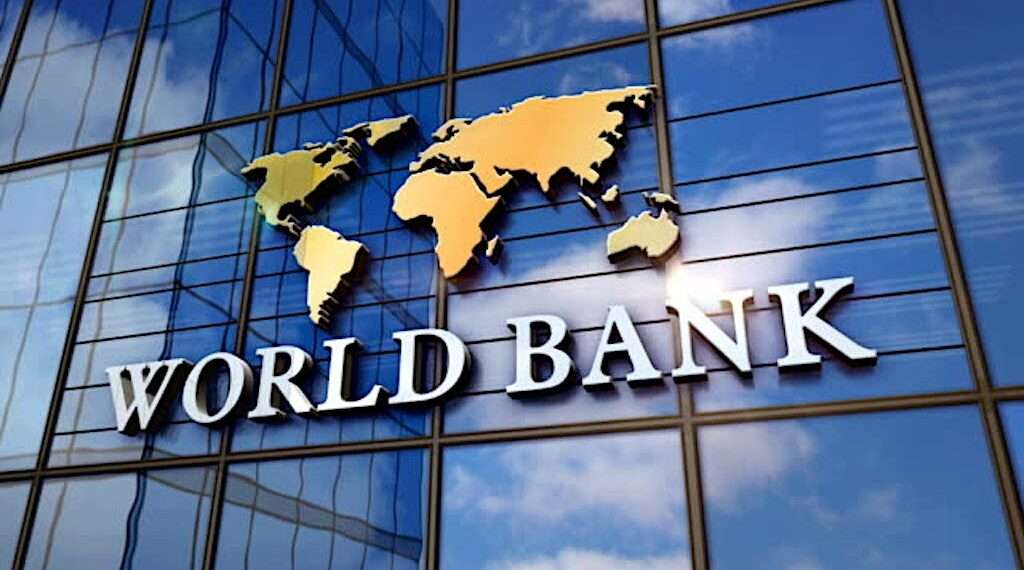
He emphasized that while Ghana’s economy indeed has chronic structural problems, the unprecedented global crises of COVID-19 and the Russia-Ukraine war cannot be overlooked as major factors behind the 2022 economic downturn.
As the current NDC government navigates its own recovery efforts, the debate over the true causes of the Ghana economic crisis is likely to continue, with both political parties seeking to shape the narrative ahead of the next election.
READ ALSO: Kojo Cue Declares Sarkodie Greatest Rapper by Metrics






